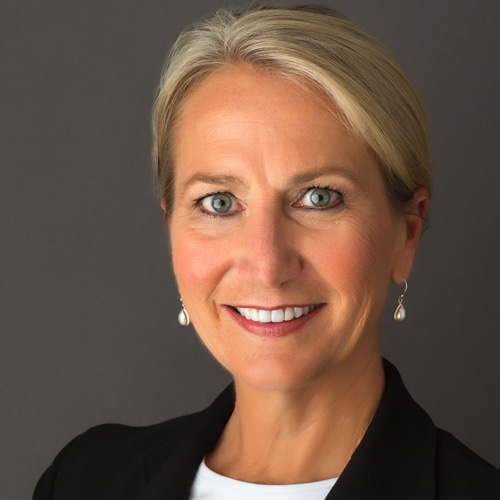With my travel picking up, recent experiences have made me think about lawyer networking. I remember the days when the airports in Cincinnati and Memphis were major hubs for Delta Air Lines. Now, they are primarily final destinations. On the other hand, airports like New York’s LaGuardia and Salt Lake City have picked up more and more Delta connections.
I often think of networking like a bicycle wheel.
If you’re like a spoke, the connection is between two points: you and your contact. If you’re a hub, the spokes all connect to you; you can link your contacts to others. The best rainmakers understand that their networks are valuable not just to themselves, but to all their other relationships. If you connect a client to a good banker, for example, the banker will be grateful and so will the client.
Lawyer Networking and the Hub Mentality
Here are some examples where the hub mentality would come in handy:
- A client company is searching for a new controller.
- A referral source is seeking speakers for a seminar.
- A client executive is relocating and looking for a real estate agent.
- A client bank is evaluating new software systems.
- A neighbor is looking for an estate planning lawyer.
- An accountant referral source wants to join a club.
- An organization in which you’re involved is doing member recruiting.
- A client’s daughter is looking for an internship.
As you can see, none of these needs involve the law per se but the opportunity to assist arises through your practice.
What Does It Take to Be a Hub?
To be an effective hub, you don’t just have a lot of connections; you have contacts who are vetted and whom you are confident recommending. You don’t just meet people who can be of value to you; you reach out to people who can be of value to others in your network.
Here are some ways you can become a hub:
- Go to conferences and trade shows and visit the exhibitors. Learn who the best vendors and consultants are for clients like yours.
- Network with other people who do what you do. There will be times you have conflicts or the client doesn’t fit the profile you serve.
- Network with other professionals in your or your clients’ space. Meet with accountants, brokers, consultants and other service providers who work with clients like yours.
- Network with people who do things peripheral to what you do; companies that make products, from tchotchkes to apps, may be good contacts for you or your clients.
- Stay up on people’s and company’s activities through LinkedIn or other social media. You’ll read about postings for jobs, new product launches and geographic expansion, for example.
- Share information that you think people will find valuable. Send articles, make introductions or forward product and service information that is curated for the individual.
An Effective Networker Is Able to Fill Myriad Needs, Not Just Provide Legal Services
Networking is not just about getting business. It’s about building a universe of people who can help you, your clients and your contacts.
Your goal is to have people ask, “Do you know someone who …” and to confidently respond, “Yes.”
More on Attorney at Work …
“Following Up Naturally: Tips for Nurturing Business Relationships” by Sally Schmidt
“Six Business Development Strategies for Lawyers” by Sally Schmidt
“5 Business Development Mistakes Lawyers Make (and What to Do Instead)” by Jay Harrington
“Five Tips for Networking From 6 Feet” by Camille Stell
Illustration ©iStockPhoto.com
More on Attorney at Work …
“Following Up Naturally: Tips for Nurturing Business Relationships” by Sally Schmidt
“Six Business Development Strategies for Lawyers” by Sally Schmidt
“5 Business Development Mistakes Lawyers Make (and What to Do Instead)” by Jay Harrington
“Five Tips for Networking From 6 Feet” by Camille Stell
Subscribe to Attorney at Work
Get really good ideas every day for your law practice: Subscribe to the Daily Dispatch (it’s free). Follow us on Twitter @attnyatwork.

















